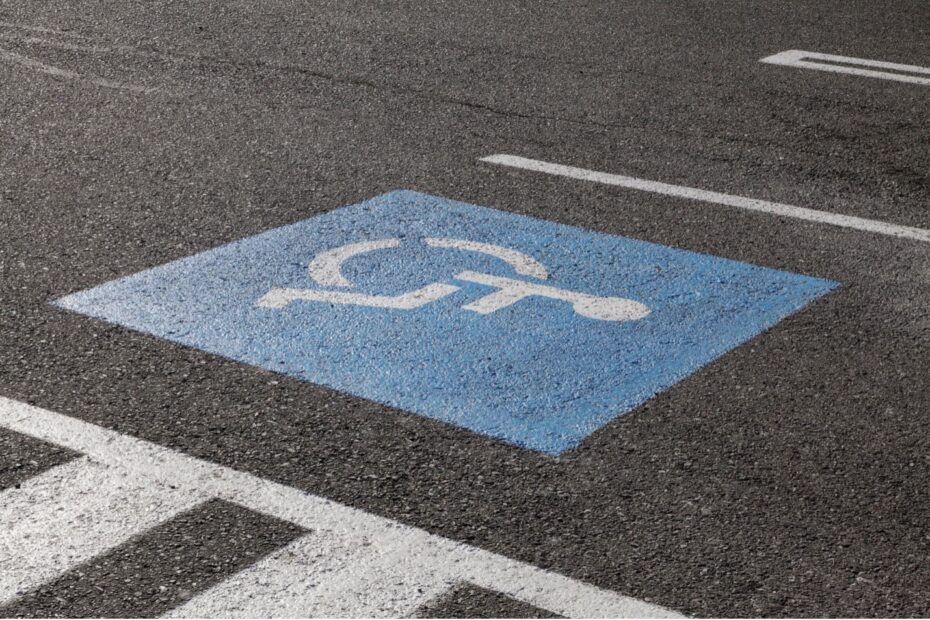The rapid growth of the data center construction industry, fueled by the increasing demand for digital infrastructure, presents an opportunity to ensure workplaces are designed to be inclusive and accessible to individuals with disabilities. Accessibility in this context goes beyond compliance with legal mandates—it is a commitment to fostering an inclusive environment that benefits both employees and organizations.
Understanding Accessibility in the Workplace
Accessibility refers to designing environments, tools, and practices to enable people of all abilities to work effectively and participate fully in the workplace. In data center construction, accessibility involves creating physical spaces, digital platforms, and operational policies that eliminate barriers for individuals with disabilities.
The Legal Framework
In the United States, the Americans with Disabilities Act (ADA) mandates that employers provide reasonable accommodations and ensure workplaces are accessible. The ADA Standards for Accessible Design detail requirements for public spaces, including offices and industrial sites. These include specifications for ramps, handrails, door widths, and other architectural elements. Similar standards exist globally, such as the UK’s Equality Act and the European Accessibility Act.
Benefits of Accessibility
Accessibility in data center construction is more than meeting legal obligations—it provides tangible benefits:
- Improved Productivity: Accessible work environments reduce barriers, enabling employees to perform their duties effectively and confidently.
- Talent Acquisition and Retention: An inclusive workplace attracts a wider pool of skilled professionals, including those with disabilities, fostering diversity and innovation.
- Legal Compliance: Organizations that prioritize accessibility avoid penalties, lawsuits, and reputational risks associated with non-compliance.
- Enhanced Reputation: Companies that actively promote inclusivity are perceived positively, attracting clients, partners, and top-tier talent.
Implementing Accessibility in Data Center Construction Workplaces
The construction of data centers involves both office settings and industrial environments, requiring comprehensive strategies to ensure accessibility:
- Physical Accessibility
– Universal Design Principles: Incorporate elements such as ramps, wide hallways, elevators, and accessible restrooms to ensure individuals with mobility challenges can navigate facilities easily.
– Workstation Adaptability: Provide adjustable desks, ergonomic chairs, and spaces designed for wheelchair access to accommodate diverse physical needs. - Digital Accessibility
– Accessible Tools: Use software and platforms that meet accessibility standards, such as those compliant with WCAG (Web Content Accessibility Guidelines). This includes screen readers, voice-activated software, and captioning tools for meetings.
– Training Modules: Ensure digital training and onboarding materials are accessible to employees with visual, auditory, or cognitive disabilities. - Policy Development
– Develop clear policies outlining the organization’s commitment to accessibility. Ensure these policies include procedures for requesting accommodations and a process for reviewing and updating accessibility measures regularly.
– Establish accommodations for job roles, such as providing assistive tools for employees with visual impairments or creating flexible schedules for individuals requiring medical appointments. - Education and Awareness
– Disability Awareness Training: Educate employees and managers about inclusivity, focusing on recognizing and addressing biases and creating supportive environments.
– Emergency Preparedness: Design evacuation plans that consider the needs of employees with disabilities, such as those requiring assistance in emergencies. - Inclusive Hiring Practices
– Review job descriptions to ensure they do not unintentionally exclude candidates with disabilities.
– Partner with organizations specializing in disability employment to source qualified candidates and expand hiring pipelines.
Challenges and Solutions
Despite its benefits, implementing accessibility in data center construction workplaces can present challenges:
- Physical Barriers: older facilities may require extensive retrofitting to meet accessibility standards. Incorporating accessibility from the design phase can mitigate these costs in new construction projects.
- Technological Gaps: not all construction tools or platforms are inherently accessible. Investing in adaptable equipment and accessible software ensures all employees can contribute effectively.
- Cultural Resistance: lack of understanding or resistance to change can hinder progress. Regular training and leadership commitment are critical to fostering an inclusive workplace culture.
Moving Beyond Compliance
Accessibility should be viewed as a continuous process rather than a one-time initiative. By regularly assessing facilities, tools, and policies, organizations can adapt to the evolving needs of their workforce and ensure long-term inclusivity.
The Business Case for Accessibility in Data Center Construction
Research consistently shows that organizations prioritizing accessibility and inclusivity outperform their peers. A study by Accenture found that companies focusing on disability inclusion experienced 28% higher revenue and 30% higher profit margins than those that did not. These metrics underscore the tangible benefits of creating workplaces where all employees can thrive.
Conclusion
Creating accessible workplaces in the data center construction industry is a multifaceted endeavor that requires commitment, innovation, and collaboration. By embracing inclusive design, leveraging assistive technologies, and fostering a culture of awareness, companies can ensure they meet both the legal and ethical imperatives of accessibility. This approach not only enhances organizational performance but also demonstrates a commitment to diversity, equity, and inclusion.
As the demand for data centers continues to grow, WBE is here to support your accessibility goals. We provide highly trained professionals experienced in implementing inclusive practices in the data center construction industry. Whether you’re designing new facilities or upgrading existing ones, our team can help you create workplaces that reflect your commitment to accessibility and excellence.
Contact WBE today to learn how we can support your staffing and accessibility needs. Let’s build inclusive data center workplaces together!
